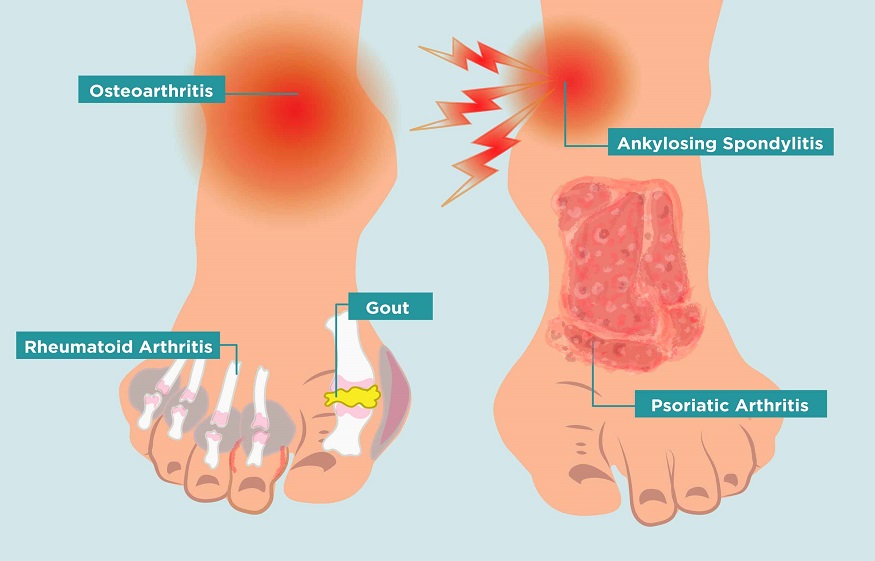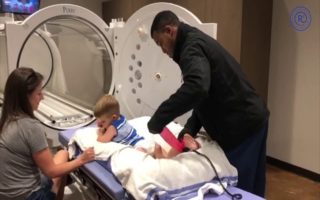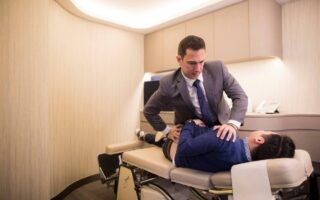Foot pain in the arch is a common foot condition. It can affect athletes, such as runners.but it can also happen to less active individuals. The arch of your foot can stretch from your toe base to your heel and is an integral part of your feet mechanisms. here are a few of the uses of the arch:
- absorbing shocks
- bearing weight
- creating balance
- stabilizing our movement
- adapting to changes in terrain
Arch pain may be felt in the heel and ball of your foot. You might also feel pain in the top of your foot, or even knee pain, hips, ankles, legs, and back. The pain can worsen when standing or walking, or during or after activities involving your feet, depending on the underlying cause. The pain intensity may increase when you wake up in the morning.
Arch pain can happen if you injure the bones, ligaments, muscles, or tendons that are present in the foot arch. It also can be caused by structural issues, especially if they are aggravated by:
- Gaining weight
- Physical stress
- Getting older
- Neurological conditions
- Over exhaustion
High arches and flat feet are structural issues that can result in arch pain.
The following common conditions lead to arch pain:
Plantar fasciitis
The most common causes of pain in the arch of the foot is Plantar fasciitis and is one of the most common orthopaedic conditions reported. It’s caused by overuse, inflammation, or injury to the plantar fascia. The plantar fascia is the ligament that keeps the front of your foot connected to your heel. Sometimes it happens to runners. However, it can also occur to non-runners.
In case you have plantar fasciitis, you may feel stiffness and pain in the arch and heel. Pain typically worsens when you wake up and becomes more painful after long periods of standing or during any activities where you’re on your feet for long times.
Read more: How to Prepare for Your Plastic Surgery AppointmentIf you experience plantar fasciitis frequently, you may need to get inserts or wear a different type of shoe to provide additional support and comfort to your foot. Some stretches can also help relieve pain from plantar fasciitis.
Posterior tibial tendon dysfunction (PTTD)
PTTD, also referred to as adult-acquired flatfoot, happens when you have an inflammation or injury in the posterior tibial tendon. The posterior tibial tendon keeps the inner foot connected to a calf muscle. PTTD can lead to arch pain if the posterior tibial tendon can no longer support the foot arch.
Read more: Radiologist: What Is It And When Do You Need OneArch pain is likely to extend through the back of the calf and inner aspect of the ankle with PTTD. You may also get ankle swelling. Pain is generally felt during activities, such as running, not afterwards.
You may need to wear a custom shoe insert or an ankle brace to treat PTTD. Physical therapy can also help. In rare cases, you may require surgery to treat the condition.




